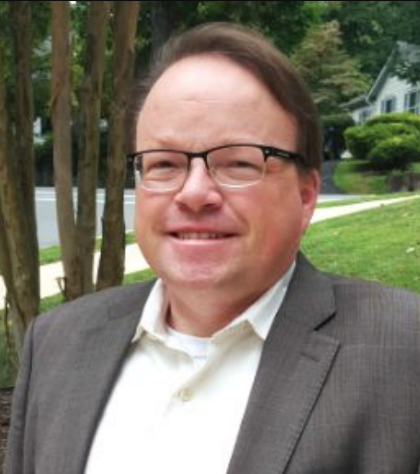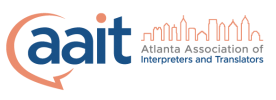
Bio
Dr. Rivers has more than 25 years’ experience in culture and language for economic development and national security, with publications in second and third language acquisition research, proficiency assessment, program evaluation, and language policy development and advocacy. He is the immediate past and founding Chair of ASTM Technical Committee F43, Language Services and Products and chairs the U.S. Technical Advisory Group to ISO Technical Committee 232, Education and Learning Services. He serves as a member of the America’s Languages Working Group of the American Academy of Arts and Sciences, and is an honorary member of the Association of Language Companies.
Before joining JNCL-NCLIS, he served as Chief Scientist at Integrated Training Solutions, Inc., a small business in Arlington, Virginia, where he focused on strategic planning, management, and advanced technologies for language and culture programs in the public sector. While at ITS, he served in a contractor role as the Chief Linguist of the National Language Service Corps. Prior to working at ITS, he was a founding member of the Center for Advanced Study of Language (CASL) at the University of Maryland, and was a staff member of the National Foreign Language Center at the University of Maryland from 1994 to 2003, leaving NFLC as Assistant Director.
During his career, Dr. Rivers has also taught Russian (beginning through advanced), language policy, and second language acquisition at the University of Maryland, worked as a freelance interpreter and translator, and conducted field work in Kazakhstan, where he regularly returns to teach at several universities. He received his PhD in Russian from Bryn Mawr College and his MA, BA, and BS (Aerospace Engineering) from the University of Maryland. He speaks Russian and French. He can be reached at wrivers@languagepolicy.org
Abstract
Translation and Interpreting: Making the Case for Our High Touch 21st Century Profession
Perhaps as never before, Translation and Interpreting, and related professions such as localization and terminology, play an essential role in the 21st Century, whether in terms of global and local commerce, the provision of social services, or international diplomacy and global security. At the same time, our professions continue to see rapid changes in technology, scale, and public awareness, while the language industry as a whole grows faster than the world GDP year after year. In the United States, the language industry contributes at least $51b to the national GDP, and provides work for more than 150,000 professionals. We are part of every corner of the economy, yet we are also an invisible industry, especially when we do our jobs well. This presentation will offer insights into how we can make our case to the broader public, including national and local politicians as well as the business community. The session will describe our coalition-based work in Washington, several state capitals, and in the UK as we change the narrative about languages. We will cover key facts about our industry, including its size and dynamism on the one hand, but the challenges we face in terms of training, certification, and respect on the other. We will discuss how individual translators and interpreters can engage with their national and local elected leaders as well as their local educational and business colleagues to raise awareness and improve our industry.
